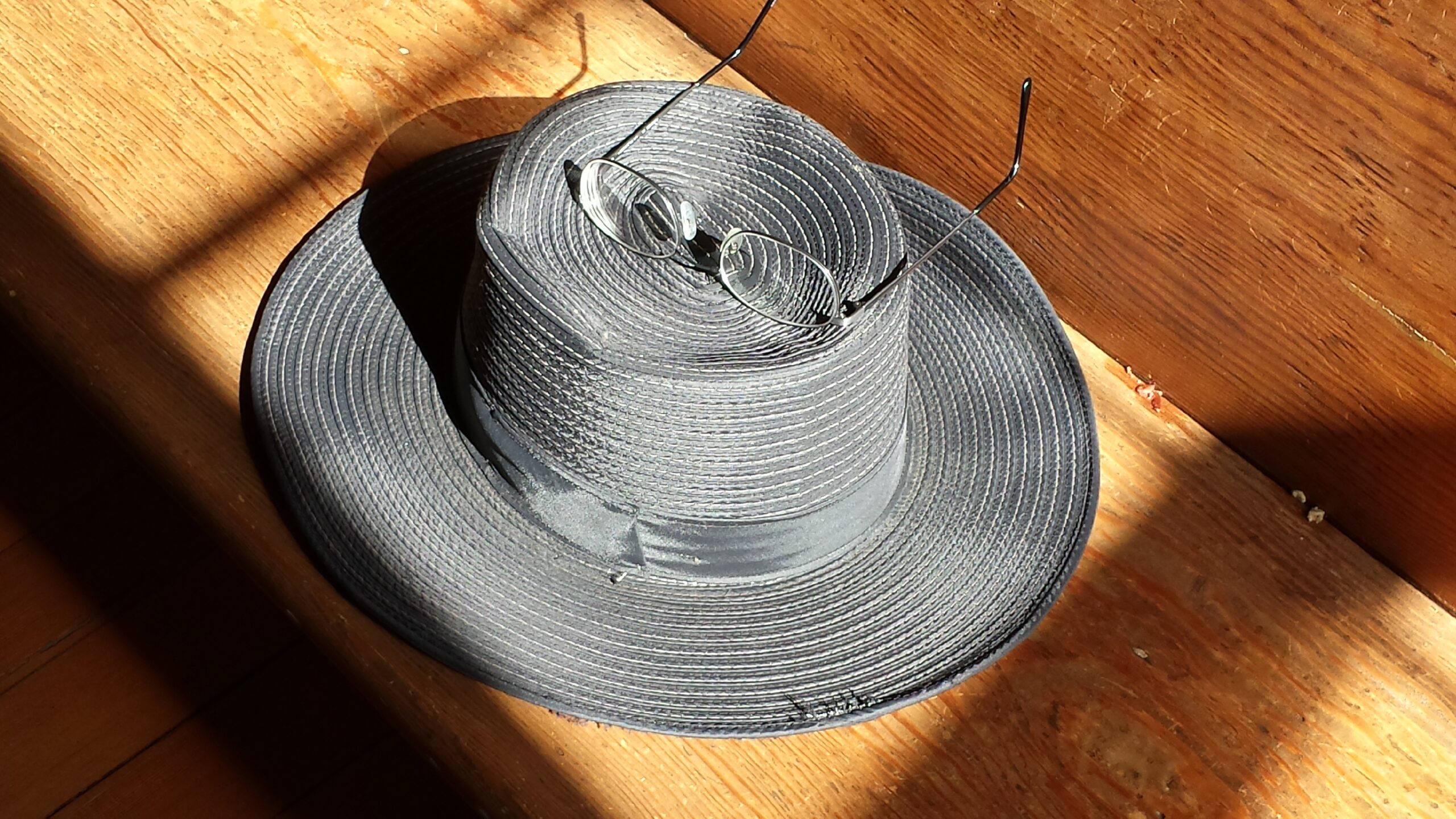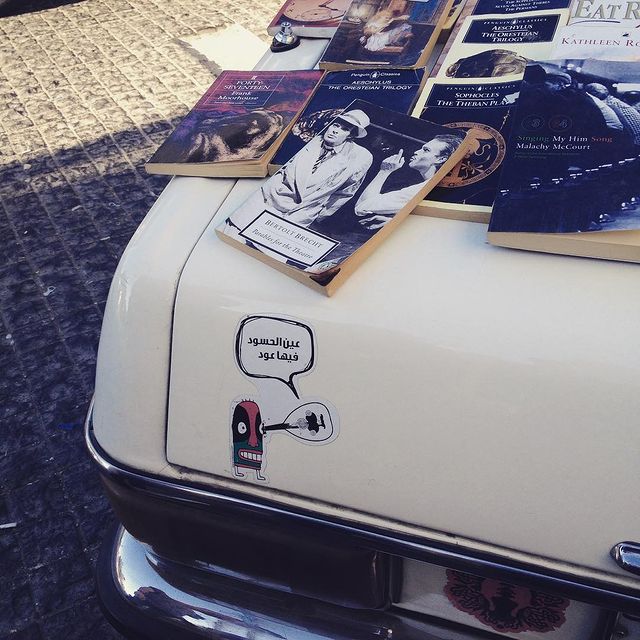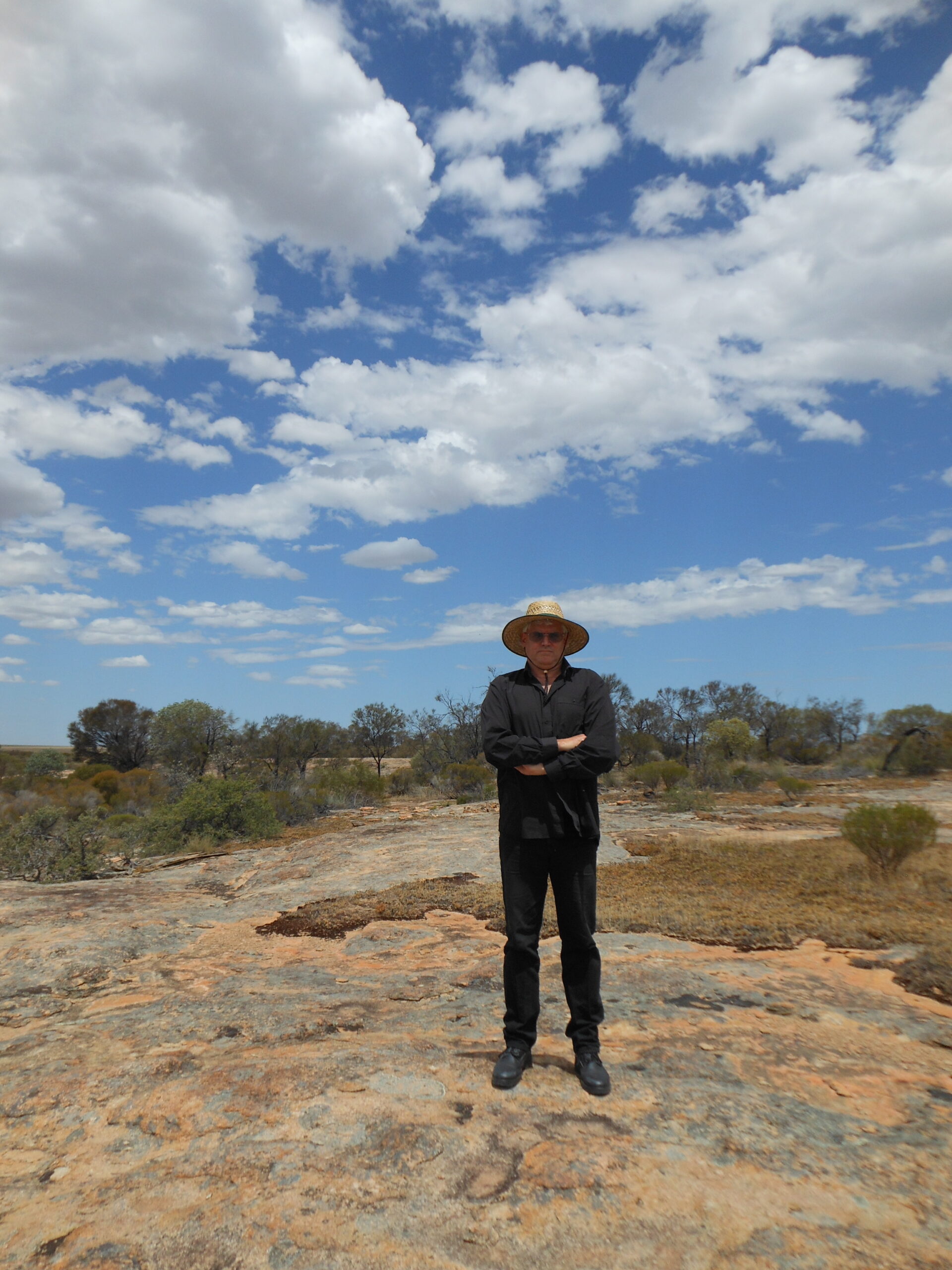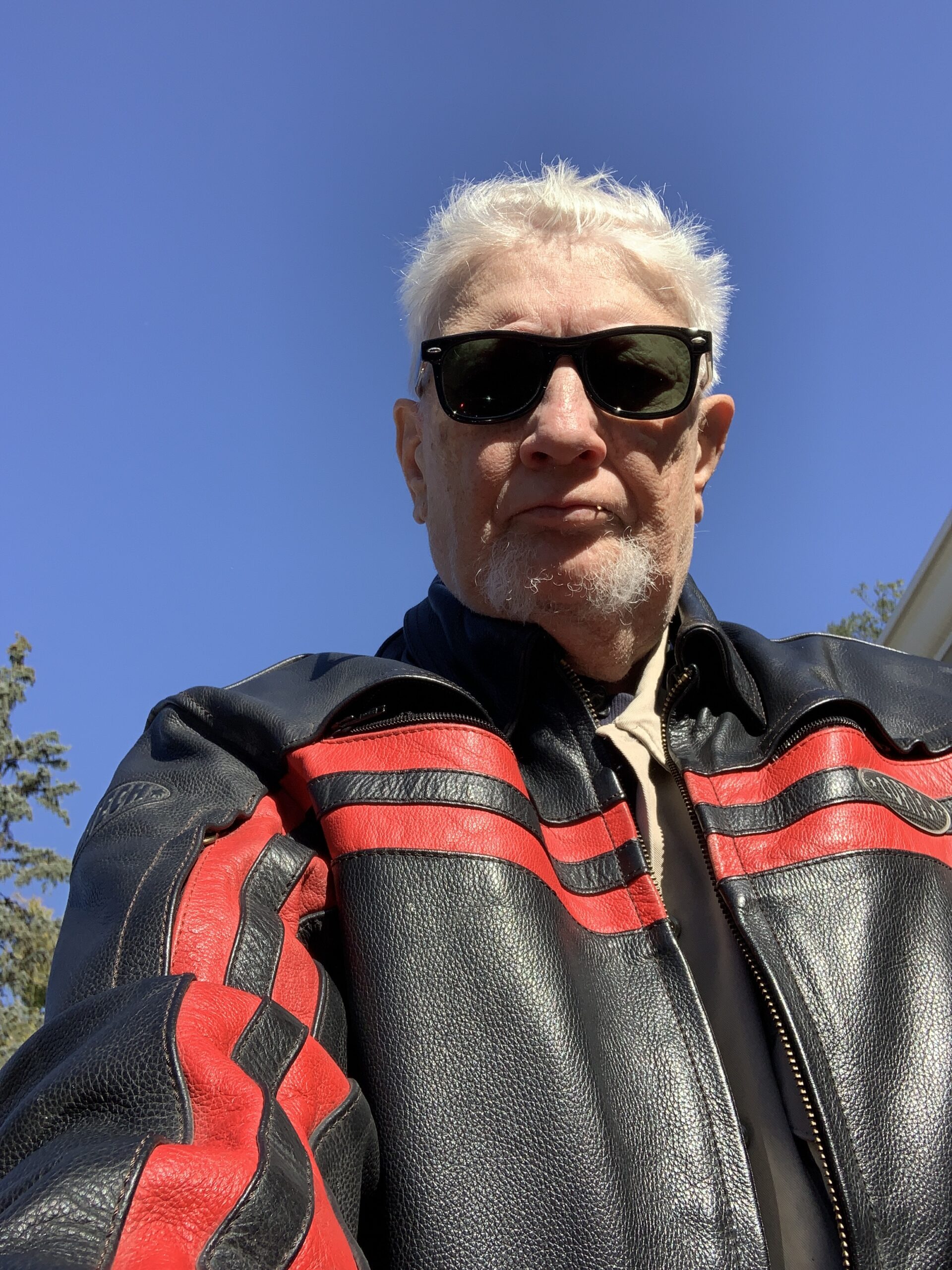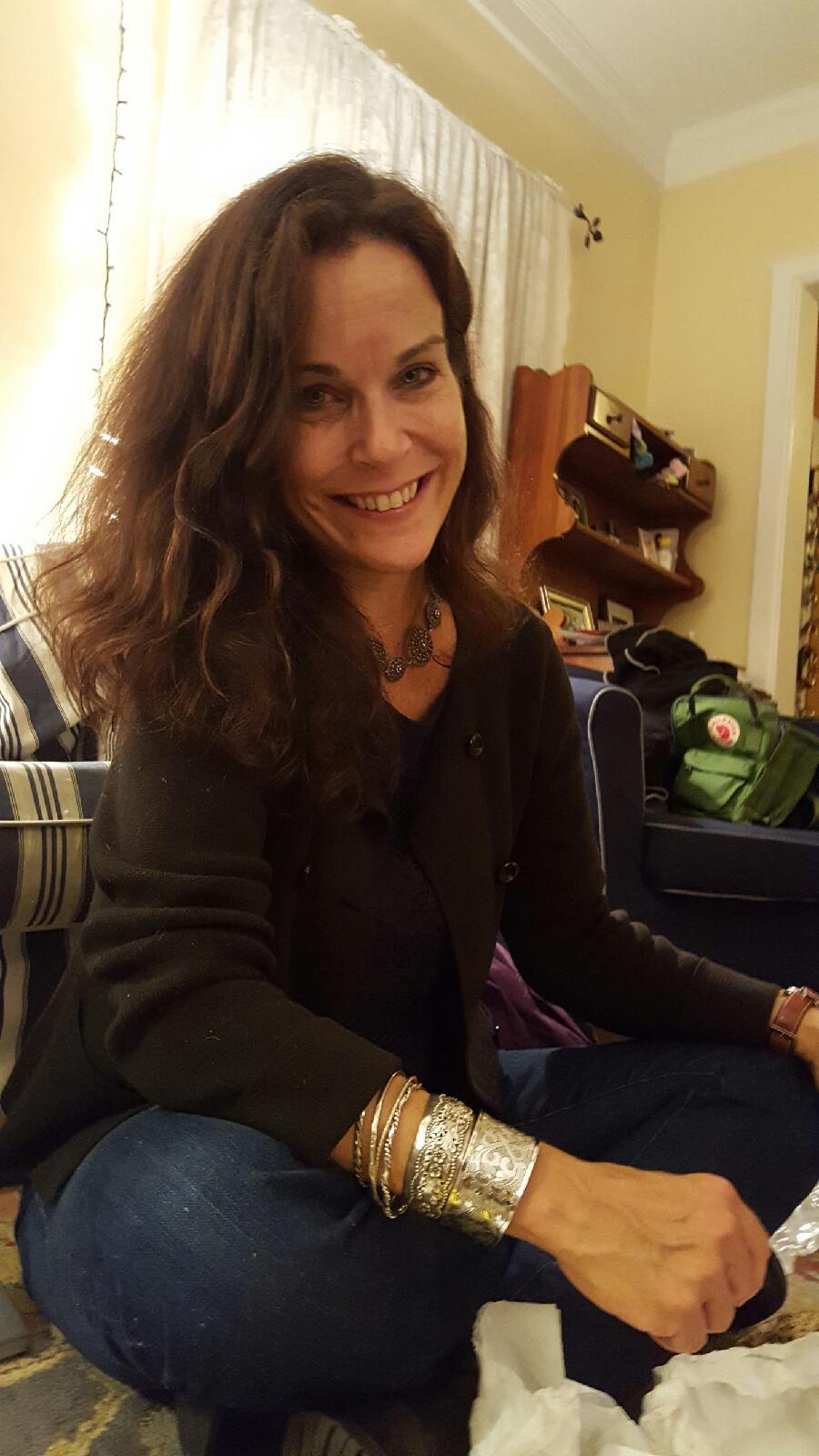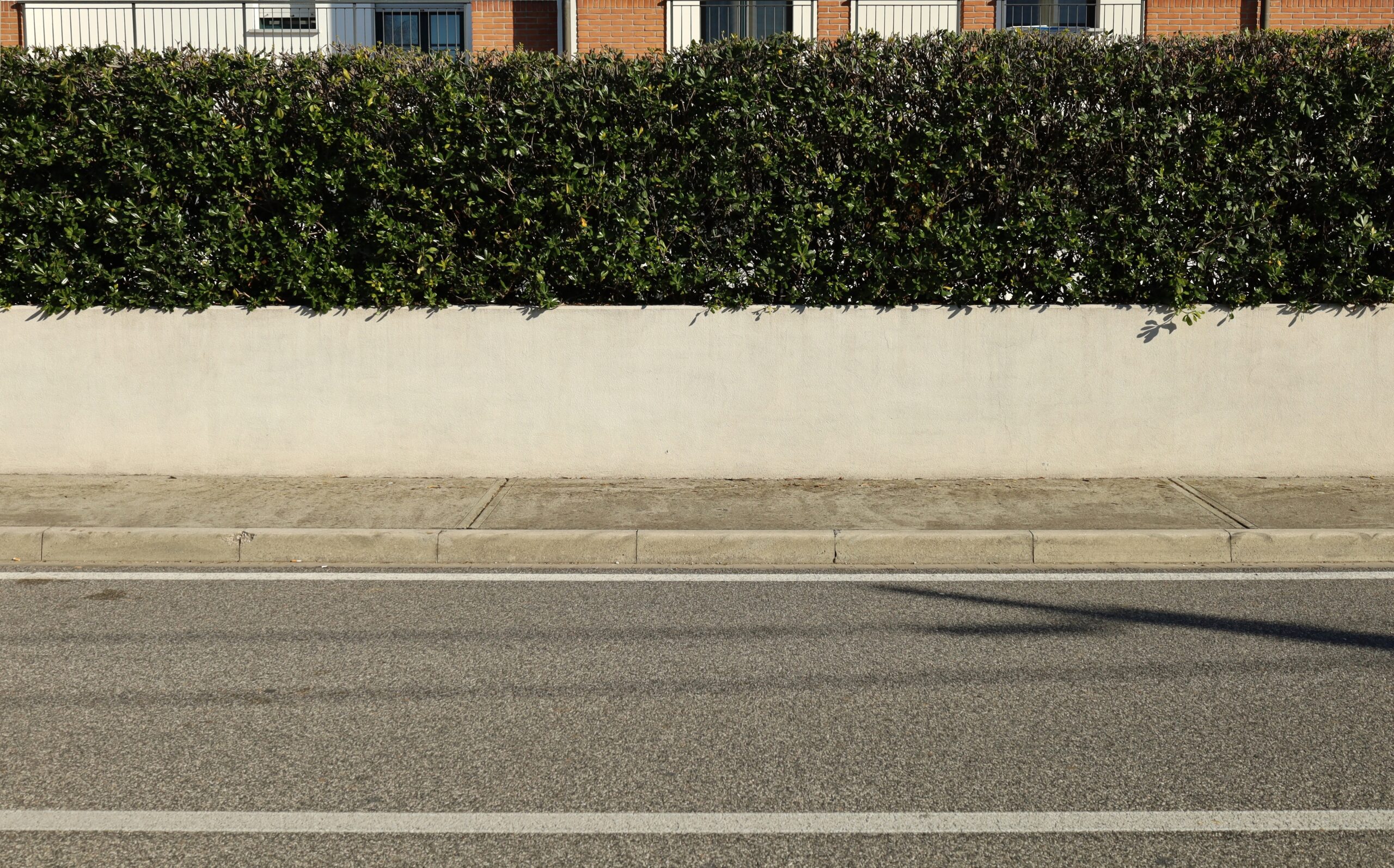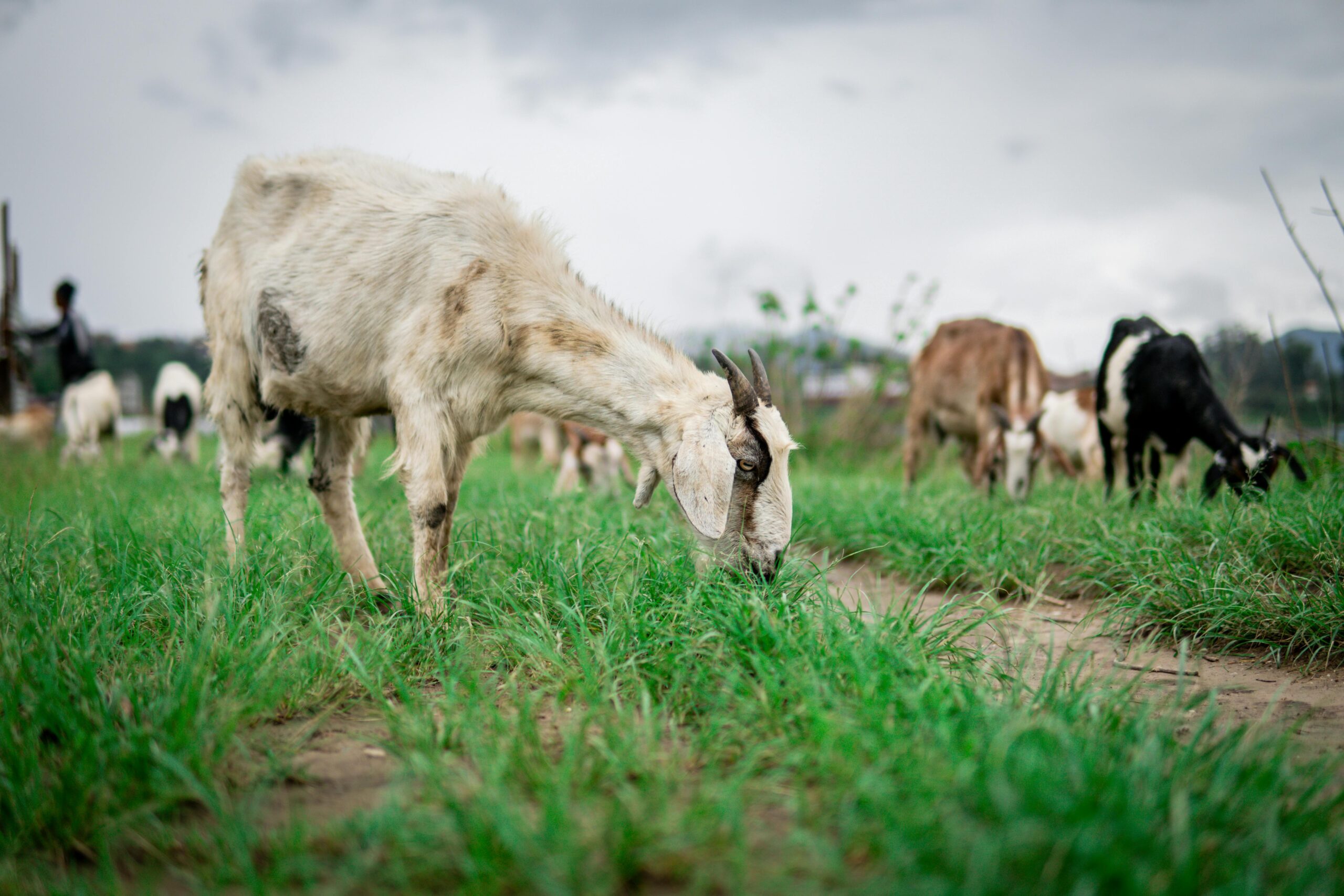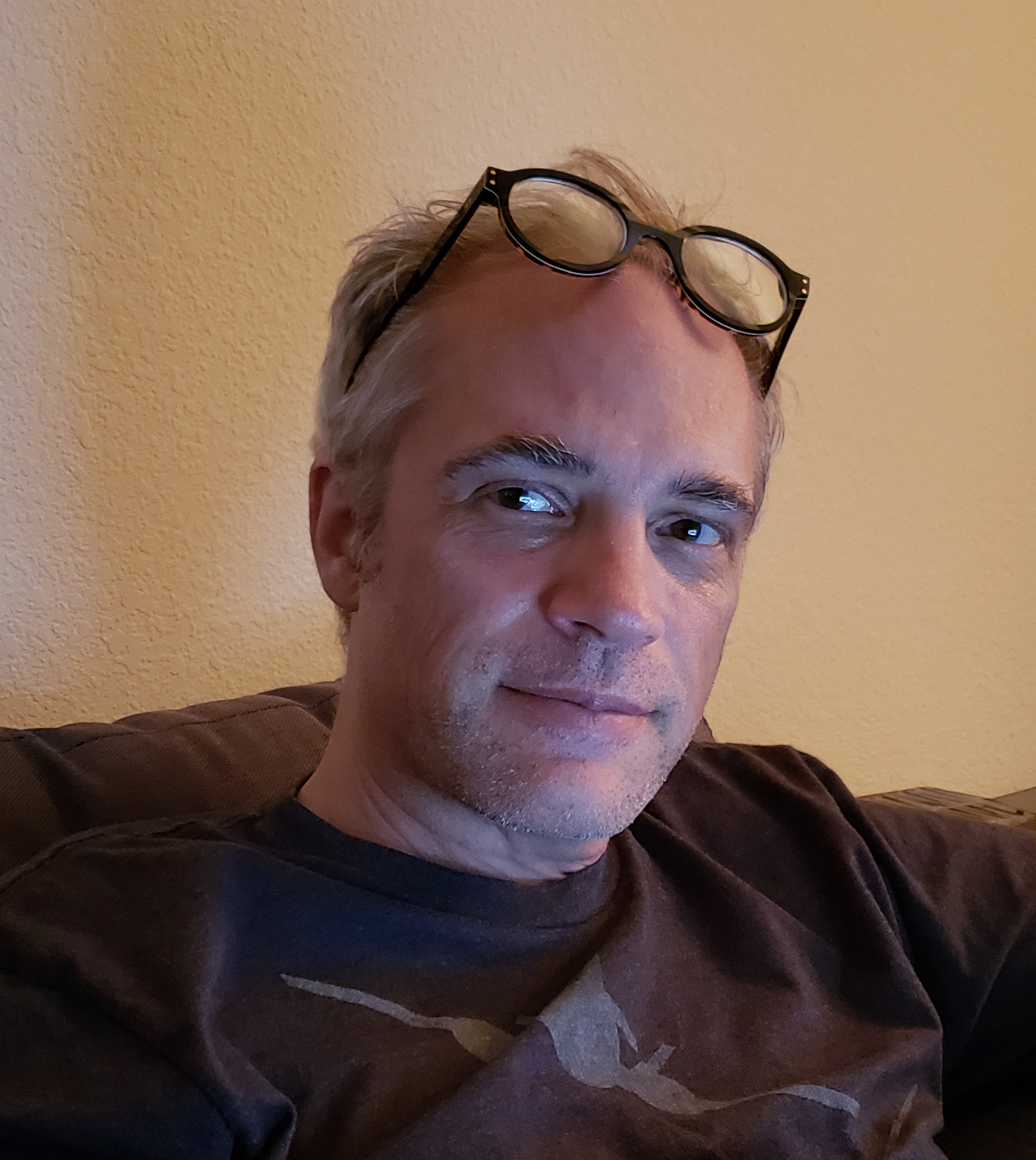According to rule. The terrible safeguard
of the text when placed against the granite
ledge into which our industry inscribed
itself. We were prying choice from the jaws
of poverty, from the laws of poverty.
Wandering
By ALA JANBEK
Translated by ADDIE LEAK
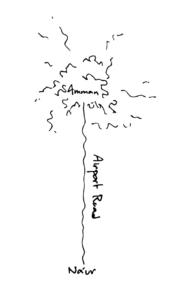
Amman was culture, colorful walls, and distant souqs in the old city where Mama tried to buy everything we needed in one trip. Na’ur was where my grandfather built the mill near a spring, where our home by the hill watches the sun set behind Palestine, far from the chaos of the valley.
Curlew Sixth Sense Bantry
To take a liberty with lexicon
is remiss in the circumstances
of the curlew
with diminished habitat.
It reprises every day,
and the mudflats
sheeted by the in-
sweep of tide leads it to the mowed
grass in front of the Bantry
My Last Poem
is quiet and bright along
the edges, is a beast of silence,
grips a wooden cane
where in the daylight it taps
its way among the stones
and puddles.
Covanta Incinerator, Newark, New Jersey
Out my kitchen window, no pink corridor of smoke.
Along my daughters’ walk to school, redbud trees, native to this state, also known as flamethrowers.
Five miles away, in Newark, the sky above Raymond Boulevard blooms with the discard, the abandoned, rubbish—
No, those are not the right words.
Sidewalks of an Anxious City
By HAIFA ABUALNADI
Translated by ADDIE LEAK
Deferred Migration
Amman is a city of deferred migration with no hope of arriving, depression with no hope of recovery, and the scam that is returnees’ dream of connection. Amman isn’t mine. Because I’m the daughter of parents who left for a time.
When I was just a girl in braids, my hair already settled into its center part, I would walk along the beaches of the Gulf near our house in Mina al-Zour, on the border between Kuwait and Saudi Arabia. The Kuwaiti desert stung my feet with its extreme heat and cold. I went to a primary school with only four grades. It had a small pen that held rabbits, two sheep, chickens, and a rooster. On the right side were “barracks” where we had art and vocational classes, and on the left were barracks housing a female nurse and doctor who rarely had office hours. “Home” meant both school and home, and the hugs followed me wherever I went; my mother was with me constantly, day and night. She was a supervisor at the school, and I was her pampered little girl. The other students watched me with envy. My friends were all teachers’ daughters, and we were spoiled: we were given small gifts and made members of the Library Committee, the Scouts, the gymnastics team, and more. The population of Mina al-Zour was scant, so there weren’t many girls at the school.
Confrontations with Amman: A Love-Hate Relationship
By RANEEM ABO RMAILA
Translated By MAYADA IBRAHIM
A Confrontation with Place: The City Changes, and We Change with It
I walk amid the traffic and the rush of people downtown. Here is where I first came to know the city, or so my memory claims, and I fall for it. Downtown has a “soul” that other parts of the city lack. It reminds me that I, in defiance of the hostile noise, am here, and that Amman the city is also here, attempting, however feebly, to find answers to questions that have long exhausted us. The soul of the place tempers the weight of those questions.
We return, regardless of how much we try to run or hide, to our questions about place and identity. Does the city grow weary of its people? Do we become, in our attempt to understand it and to keep up with it, the victims of place? The city changes rapidly; it loses its characteristics and becomes a stranger to us. Those of us who fear suffocating in our city try again to find familiar things in it. Downtown, whose landmarks begin with the Roman Theatre and end at Al Shamasi1 and Al Kalha Stairs, once formed the identity of the city; today there is only dissonance. Shops, cafés, and the ambition of investors extend across it from every side. It no longer resembles its past; it no longer resembles us.
As for me, weary of walking in the center of town, I try to lean on the first stairs I see. Others around me, fellow tired wanderers, take refuge in the stairs as well. There is no room to rest in this city. It’s as if Amman entangles us in an imminent and predictable trap. It commands us to keep moving while concealing our destination.
Goats in Jabal Amman
Translated by MAYADA IBRAHIM
They say that Amman is merely a caravan crossing, and that the spiritual tie between it and its people has been severed. I do not mean the concept of “belonging”—that is a loaded word—but rather the spiritual connection between a person and the city they inhabit. This is the ability to grasp moments from the past to relive them anew, to reflect on memories shared with the city, to feel its streets coursing through them, and to imagine, in a whimsical moment, the city pulling a feather from its pocket to gently tickle them.
Phenomenology Study / Elegy for Island Love
The banana plant that thrashed outside my lover’s window
seemed unreal. Our hours together felt like a dream:
how he nudged a spider up the shower tile
Midweek
By BILL COTTER
“I knew this guy once, called Andre,” Gary said, striking a strike-anywhere match on the zipper of his fly. He lit a Salem and buried the match in a clay flowerpot at his end of his porch step. He looked at me, not for permission to continue, but as though he were inviting me to dare him not to.
“Andre,” I said, kind of liking the feel of the name on my teeth.
